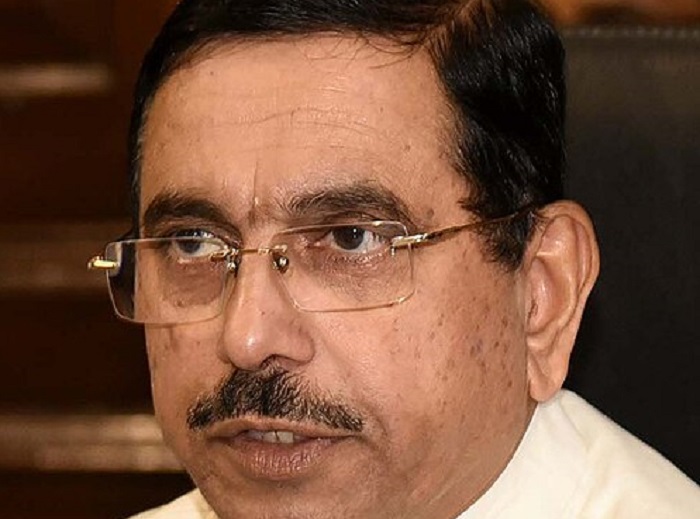
India to Replace GPS Timekeeping with Indigenous Atomic Clock Network
India is preparing to make a major technological transition by replacing its reliance on the U.S.-controlled GPS system for timekeeping with a fully indigenous atomic clock infrastructure. Union Minister Pralhad Joshi recently confirmed that a new national timekeeping system will soon be deployed to maintain Indian Standard Time (IST) using a network of high-precision atomic clocks spread across the country.
Currently, India’s national timekeeping system is synchronised using signals from the Global Positioning System (GPS), which is managed by the United States military. This arrangement, while functional, poses strategic vulnerabilities, especially for critical sectors like defence, financial systems, and high-precision digital infrastructure. To address this, India is building a network of atomic clocks at five locations — Guwahati, Bengaluru, Ahmedabad, Faridabad, and Bhubaneswar — that will independently maintain and broadcast IST with nanosecond-level accuracy.
Timekeeping Shift
The motivation behind this transition stems from national security concerns. During the 1999 Kargil War, India reportedly faced restricted access to GPS data, highlighting the risks of overdependence on foreign-controlled systems. With the new indigenous framework, India will have full control over its time synchronization, which is critical for applications ranging from missile guidance systems to digital payments and stock trading.
Indigenous Clocks
The new system, once commissioned, will become the official source of time for regulated sectors. Government departments, financial institutions, stock exchanges, and regulatory bodies like SEBI will be required to sync their operations with this standard. Even slight inaccuracies — down to microseconds — can lead to technical glitches and legal disputes, particularly in high-frequency financial transactions or military operations.
This initiative is also part of India’s broader strategy of self-reliance under the Atmanirbhar Bharat mission. By developing its own timekeeping capability, India joins a select group of nations that possess sovereign control over such foundational infrastructure. It marks a significant step forward in reducing external dependencies and reinforcing national resilience in the digital age.


















